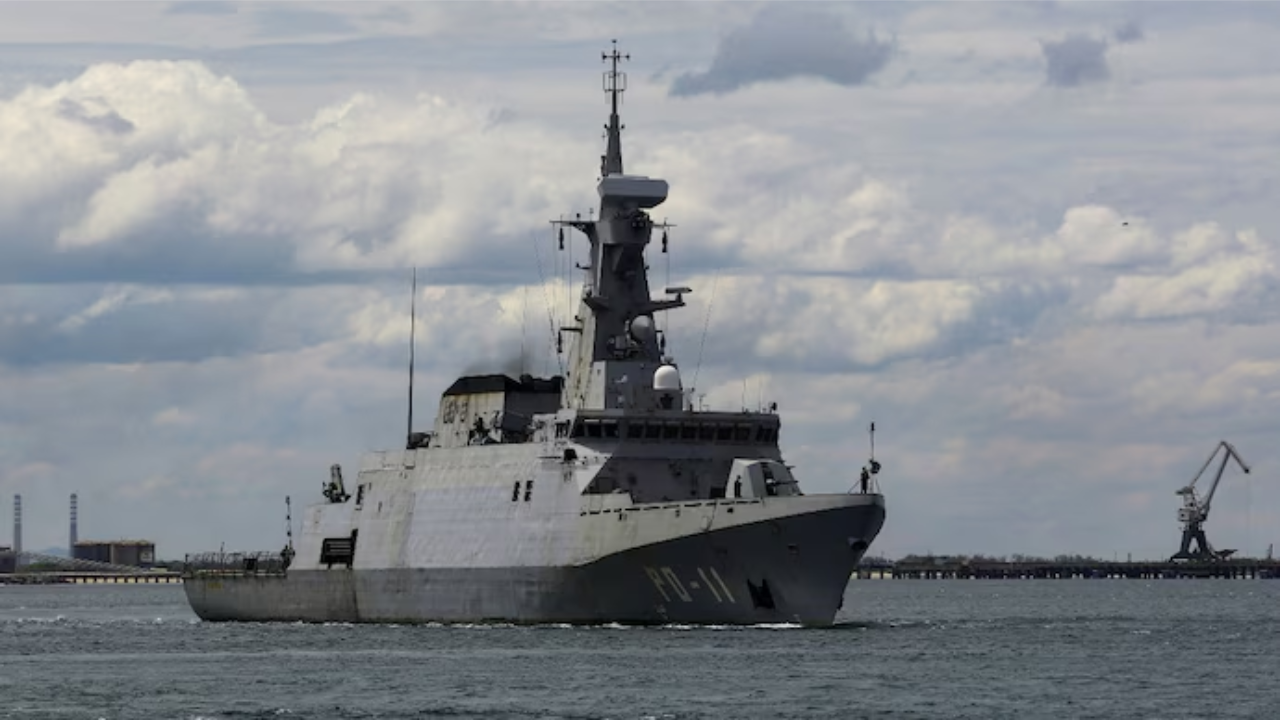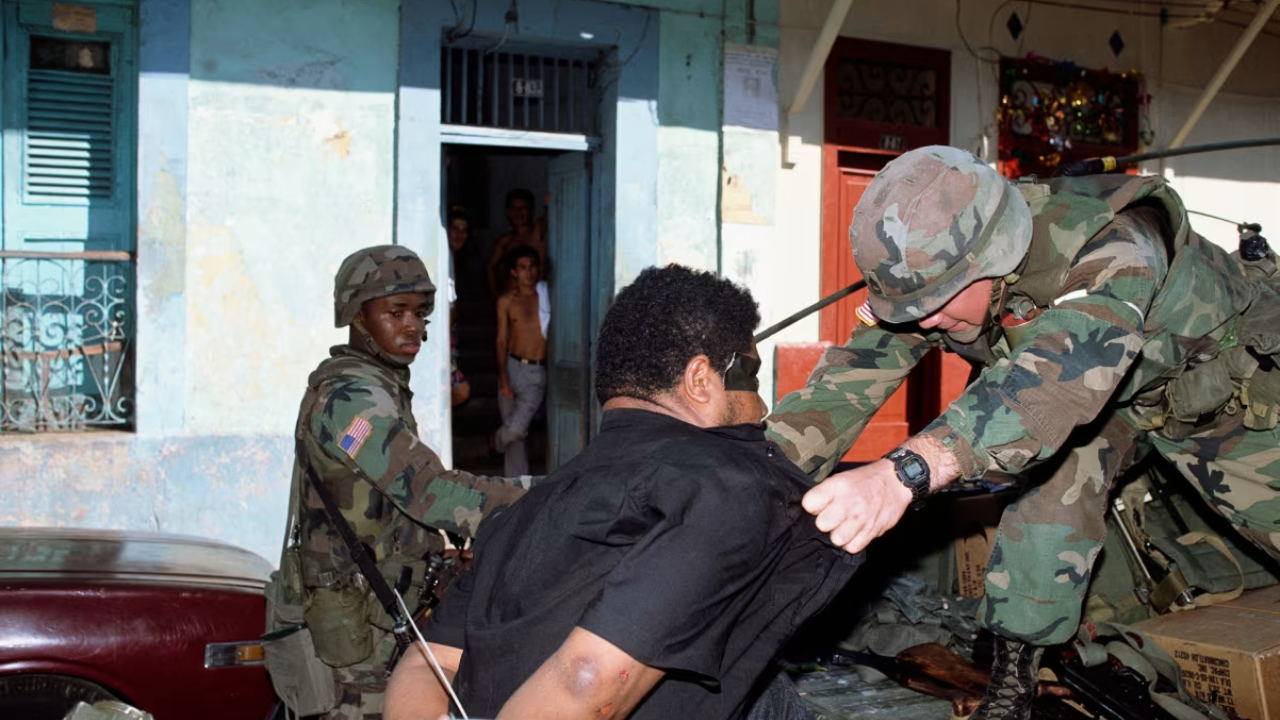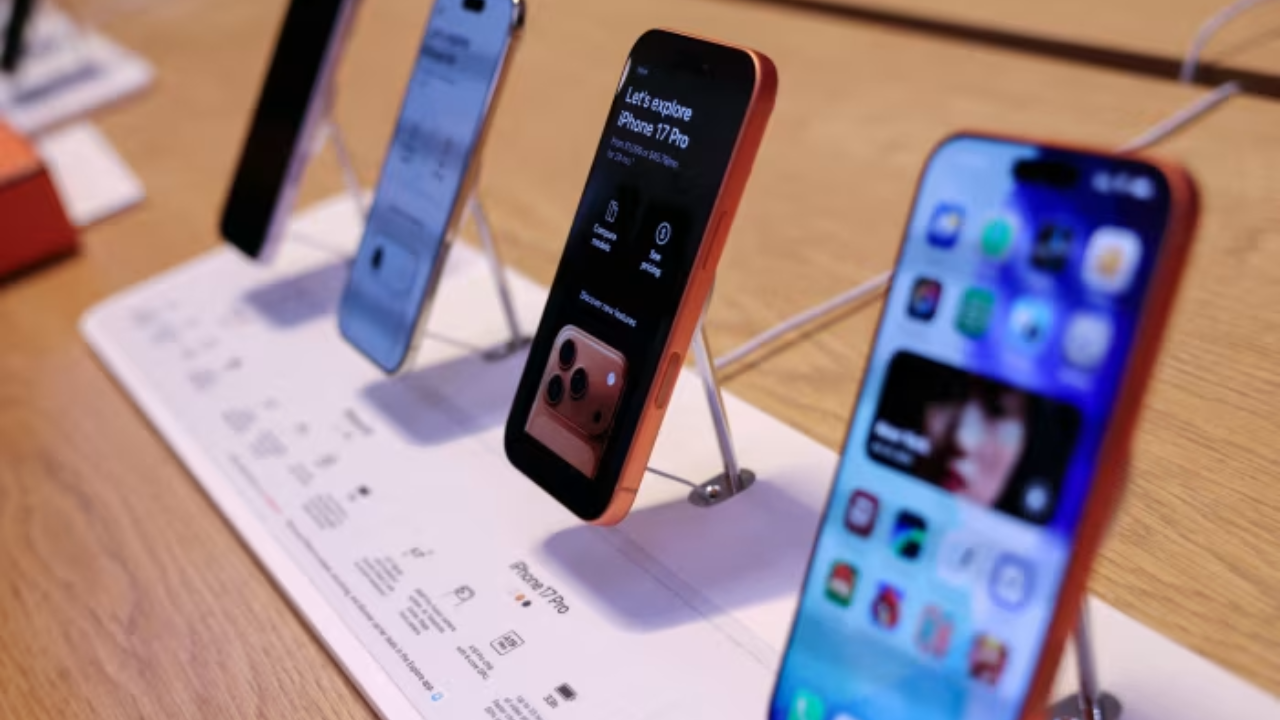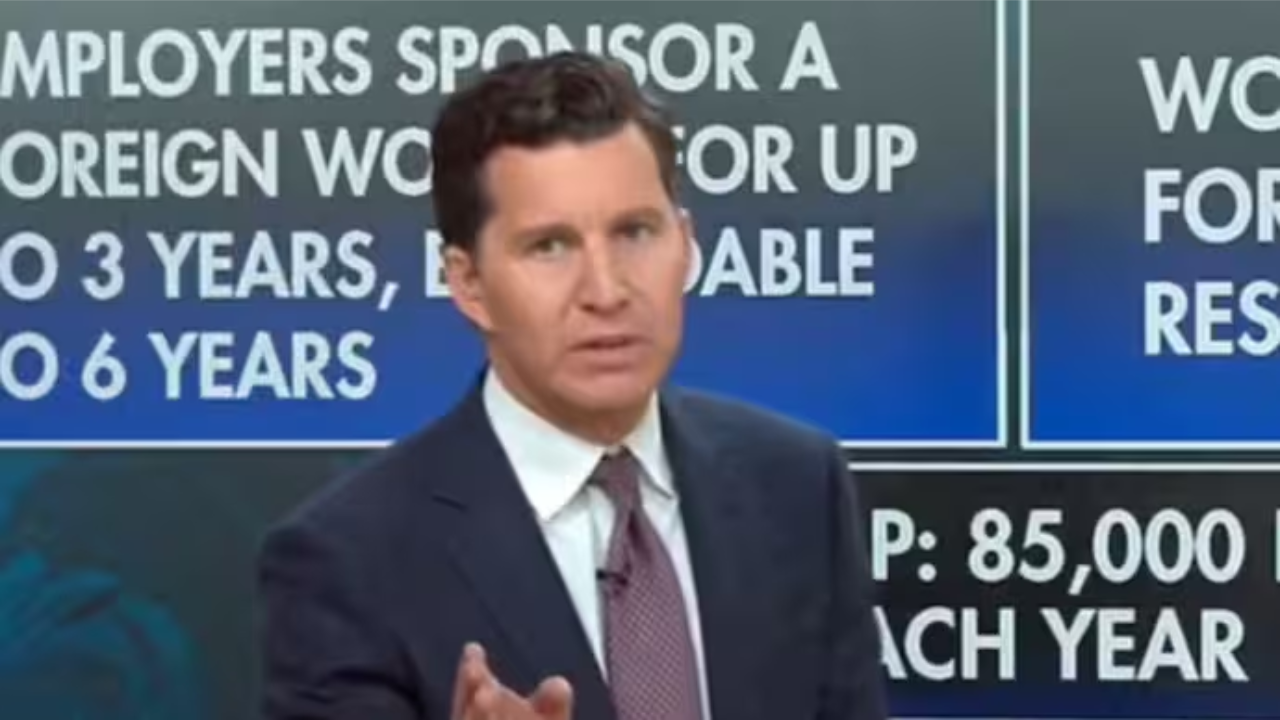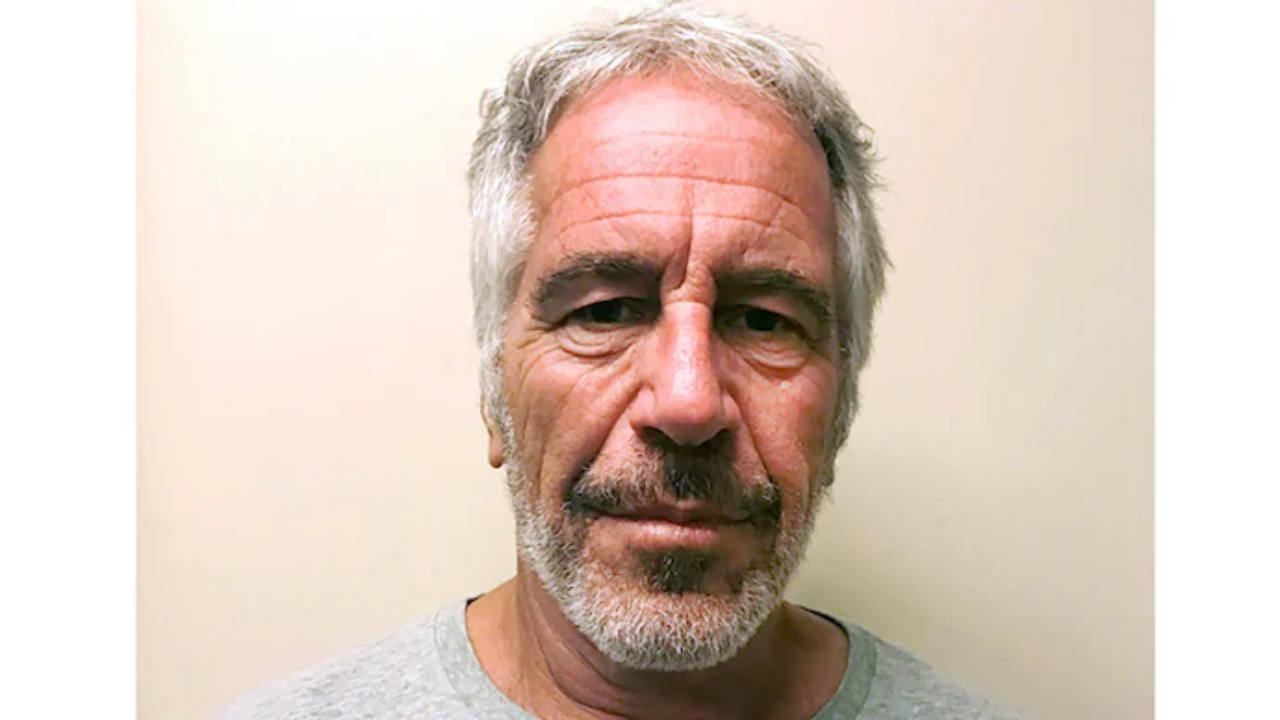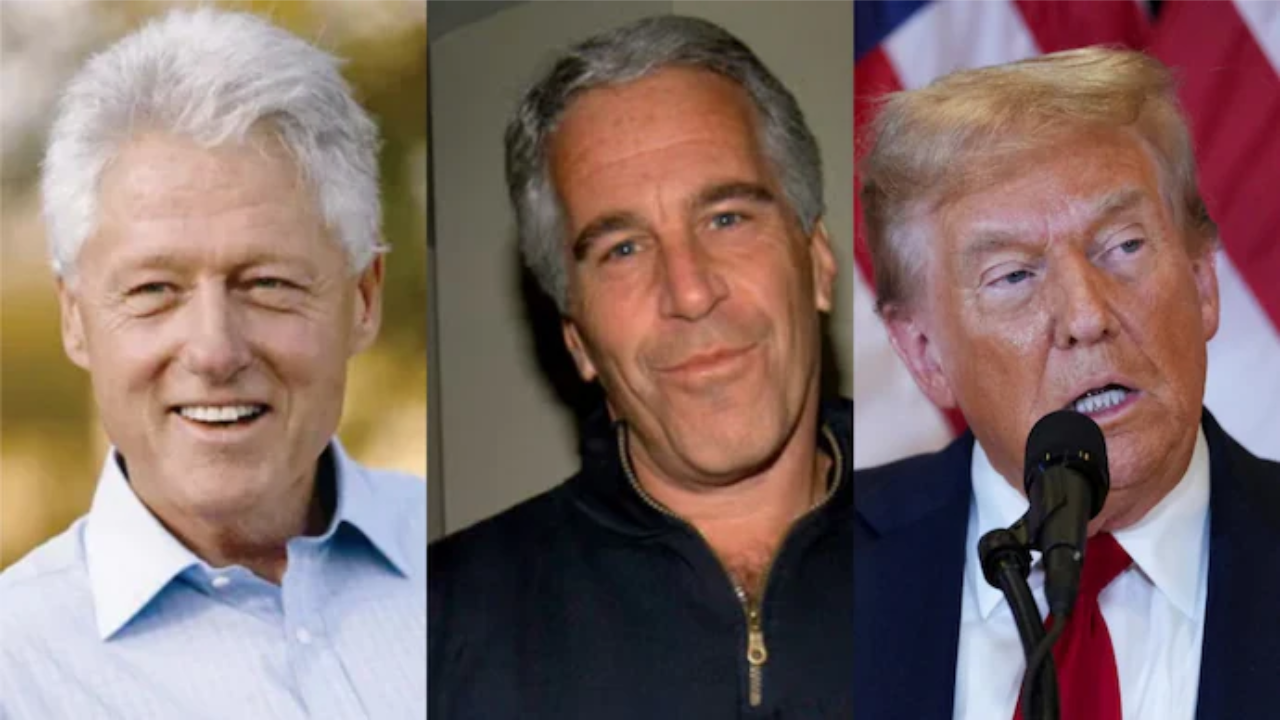The deployment of the USS Gerald R. Ford, the US Navy’s most advanced aircraft carrier, to the waters off Venezuela marks the largest flex of American military power in Latin America in generations. The move, part of a massively escalated military presence, is raising international alarms over a potential conflict aimed at regime change.
Defense Secretary Pete Hegseth formally named the mission Operation Southern Spear. Once the Ford arrives, the operation will include nearly a dozen Navy ships and 12,000 sailors and Marines.
The US Narrative: Countering Drug Trafficking
- Official Stance: Secretary of State Marco Rubio maintains that President Donald Trump is focused on a counterdrug operation to combat “organized criminal narcoterrorists” and stop drugs from entering the US.
- Target: Rubio called the government of authoritarian President Nicolás Maduro—whom the US does not recognize—a “transshipment organization” that openly cooperates with drug traffickers.
- Ongoing Operations: This deployment follows an already massive military buildup involving bomber training runs, publicly authorized CIA operations, and boat strikes in the Caribbean and Pacific that have killed over 75 people.
Expert Analysis: Regime Change is the Real Goal
Experts largely agree that an aircraft carrier is excessive for a counter-drug operation and believe the deployment is a direct signal to Caracas:
- Elizabeth Dickinson (International Crisis Group): “There’s nothing that an aircraft carrier brings that is useful for combating the drug trade. I think it’s clearly a message that is much more geared toward pressuring Caracas.”
- Bryan Clark (Hudson Institute): The administration would not have deployed the Ford “if they didn’t intend to use it” and will likely conduct military operations unless Maduro steps down within the next month.
- David Smilde (Tulane University): The carrier is a “credible threat of force” aimed at making Maduro’s government crumble, which the US-backed political opposition has long promised.
- The “Shot Clock”: Analysts like Mark Cancian note that the US cannot afford to have such a powerful and expensive asset “dawdling around the Caribbean.” It’s a “use-it-or-lose-it kind of situation” before the asset is needed elsewhere.
Risk of Conflict and Venezuelan Response
- Venezuelan Mobilization: Maduro’s government, facing narcoterrorism charges in the US, has touted a “massive” mobilization of troops and civilians to defend against a possible US attack.
- Defense Minister Vladimir Padrino López stated that “land, air, naval, riverine, and missile assets” would be on alert to confront “imperialist threats.”
- Risk to US Assets: Cancian, a retired Marine colonel, warned that Venezuela possesses relatively sophisticated Russian missile defense systems, which “could put American pilots at risk.” He expects missile strikes from other ships before any US warplanes are launched.
International and Domestic Pushback
- Regional Fallout: The US strikes have faced pushback:
- Colombia: President Gustavo Petro cut off intelligence sharing with the US over the strikes but later softened his stance, agreeing to continue if the intelligence wasn’t used to jeopardize human rights.
- Mexico: President Claudia Sheinbaum agreed to have Mexico’s navy intercept suspected drug boats in international waters to avoid further US strikes off its coast.
- UK: The UK reportedly halted some intelligence sharing over concerns about the strikes.
- US Congress: Senate Republicans rejected legislation that would have placed a check on Trump’s ability to launch an attack against Venezuela.
